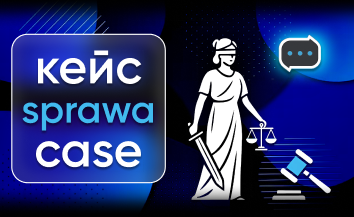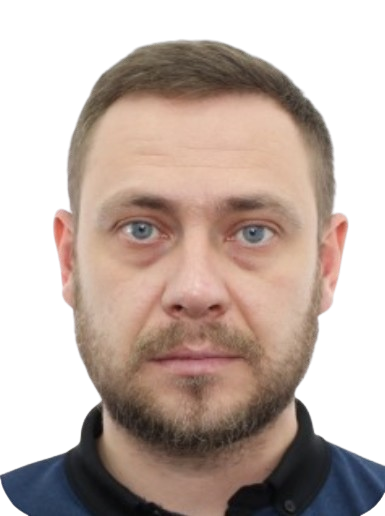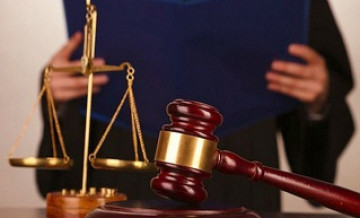My name is Yevhen Chernenko, I am a lawyer from Kyiv, I also work with Ukrainians living abroad. The key areas of my work are criminal, administrative and migration law. I have extensive experience in representing and protecting clients' interests.
Initial Data: The defendant is a man accused of causing grievous bodily harm to an acquaintance during a conflict. The defendant faced up to 5 years of imprisonment.
Problem: Contradictory conclusions of the forensic medical examination regarding the nature and mechanism of the injuries sustained.
Resolved: The lawyer filed a motion for a repeat forensic medical examination and provided additional evidence supporting an alternative version of events.
Findings: An independent examination determined that some injuries could have been self-inflicted by the victim during a fall.
Outcome: The court reclassified the crime to causing moderate bodily harm (Article 122 of the Criminal Code of Ukraine), allowing for a suspended sentence of 3 years instead of imprisonment.
Lawyer Yevhen Chernenko was involved in the case after the defendant's relatives requested a review of the evidence base. The initial forensic medical examination did not consider important factors, including the possibility that some injuries resulted from a fall rather than a direct blow.
The lawyer initiated an additional examination, which established that the victim's rib fractures could have been caused by a fall after the conflict. Additionally, witness testimonies confirmed that the fight was mutual.
After reviewing the new evidence, the court decided to reclassify the crime from Article 121 of the Criminal Code of Ukraine (grievous bodily harm) to Article 122 of the Criminal Code of Ukraine (moderate bodily harm). This allowed for a suspended sentence instead of imprisonment.
Forensic medical examination (FME) is a study conducted by experts to determine circumstances related to bodily injuries, causes of death, health conditions, etc.
Lawyer's Action Plan in a Grievous Bodily Harm Case (Article 121 of the Criminal Code of Ukraine)
1. Initial Case Analysis and Client Consultation
- Familiarization with the case circumstances and client's position.
- Examination of the indictment and pre-trial investigation materials.
- Assessment of risks and potential punishment.
- Development of a defense strategy.
2. Analysis of the Evidence Base
- Examination of investigative protocols (interrogations, site inspections, expert conclusions).
- Analysis of the forensic medical examination regarding the nature and mechanism of injuries.
- Verification of the victim's and witnesses' testimonies for inconsistencies.
- Review of video and photographic materials, if available.
3. Challenging or Supplementing the Evidence Base
- Filing motions for additional or repeat forensic medical examinations.
- Initiating the interrogation of new witnesses or re-interrogation of existing ones.
- Utilizing alternative sources of evidence (e.g., surveillance camera footage).
- Evaluating possible procedural violations by the investigation.
4. Preparation and Submission of Procedural Documents
- Motion to change the preventive measure (if the client is in custody).
- Motion for reclassification of the crime if grounds exist (e.g., to a lesser offense under Article 122 of the Criminal Code of Ukraine).
- Challenging investigative actions or expert conclusions in court.
5. Defense in Court
- Presenting an argument for innocence or reclassification of the case.
- Providing new evidence and expert opinions.
- Challenging inadmissible evidence presented by the prosecution.
- Negotiating with the victim for possible reconciliation (if appropriate).
6. Appeal or Cassation (if necessary)
- Filing an appeal against the first-instance court decision.
- Challenging the verdict in cassation proceedings if there are grounds.
- Using mechanisms for sentence review due to newly discovered circumstances.
This case confirms that a thorough analysis of the evidence base and engagement of independent experts can significantly impact the trial process. Legal support in bodily harm cases is crucial, as proper crime classification can significantly alter the severity of the punishment.






.png)
.png)
.png)
.png)
























